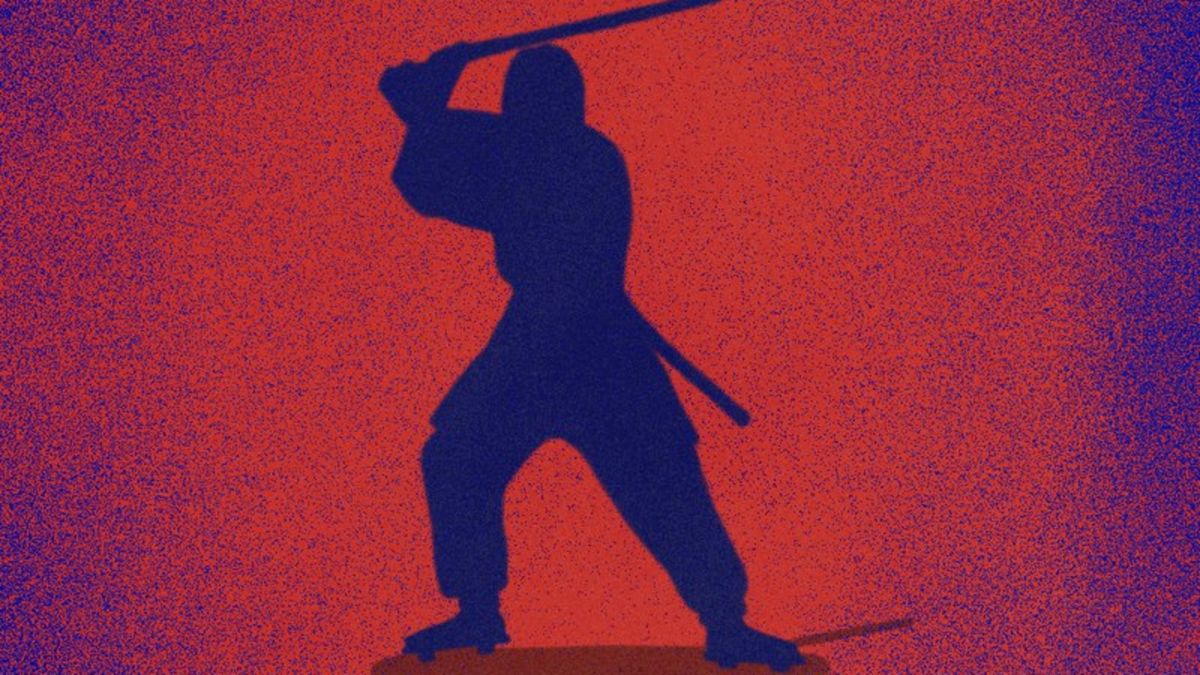Today, Samourai Wallet developers Keonne Rodriguez and William Lonergan Hill appeared together in court in the Southern District of New York for a status conference.
This was the first time the two made a public appearance together since the US Department of Justice (DoJ) accused the two developers with conspiracy to commit money laundering and conspiracy to operate an unlicensed money transmitting business in April 2024. It was also the first time either of them had appeared in court since Hill appeared before his release on bail in July. and Rodríguez attended a court hearing for the first time in May..
The prosecution first turned to the court, saying it had presented “voluminous amounts of evidence.”
The first batch was made available to the defense in mid-June 2024. This batch included business records, emails, and social media account information, among other data.
The second batch, which was made available to the defense in mid-August 2024, included data extractions from devices the Justice Department seized from the two developers. The Justice Department has extracted information from 15 of the 44 devices seized from Rodriguez and 25 of the 27 devices seized from Hill.
The prosecution also said it would soon present a third batch of evidence containing a “relatively modest” amount of data and that it was prepared to proceed with the trial.
There is no evidence of money transmission
Rodriguez’s attorney argued that it was premature to set a trial date since the defense has not yet reviewed all of the discovery that was made available in mid-August 2024. The defense also said it has not yet found any evidence showing that Rodriguez or Hill operated an unlicensed money transmitting business.
Hill’s lawyer claimed that they had received 8 terabytes of information. To put this amount of data into context, he explained that this was equivalent to 75% of the amount of information in the Library of Congress and that if one printed out this information, one could stack the paper it was printed on “to the moon and back 22 times,” emphasizing that it would be difficult to sort and review.
Hill’s attorney also referred to the Letter from Senators Cynthia Lummis (R) and Ron Wyden (D) In which the lawmakers asserted that the Justice Department’s unprecedented interpretation of the U.S. Treasury Department’s Financial Crimes Enforcement Network (FinCEN) law regarding the operation of an unlicensed money transmission business contradicts the intent of the law. For this reason, it proposed a motion to dismiss the indictment.
The judge denied this request and scheduled a follow-up hearing for December 17, 2024 at 10 a.m. (US Eastern Time).
Request for modification of Rodriguez’s bail
In the second part of the conference, Rodriguez’s attorney requested two modifications to Rodriguez’s bail conditions. He requested that the court remove Rodriguez’s house arrest mandate and that the court modify restrictions on Rodriguez’s ability to transact in cryptocurrency, some of which were Samourai’s earnings. (Zack Shapiro, legal fellow at the Bitcoin Policy Institute (BPI) He later explained to me that the second amendment was requested in part so Rodriguez could use Samourai’s bitcoin proceeds to pay legal fees.)
Rodriguez’s attorney argued that house arrest was “overly restrictive” and “unnecessary,” and that Rodriguez does not pose a flight risk. The defense also cited two instances in which Rodriguez had the opportunity to flee but did not, in its efforts to show that Rodriguez no longer needed to wear a location monitoring device.
Prosecutors countered, arguing that Rodriguez’s house arrest was necessary to ensure he would continue to appear at trial. It also said the charges against him for running a “cryptocurrency money laundering business” were serious and that Rodriguez could face a possible sentence of up to 25 years.
The prosecution went on to cite evidence of handwritten pages it had obtained from Rodriguez’s home that contained details about how he would flee the country to a jurisdiction from which it would be difficult to extradite him. This information included a list of different passports, as well as having $10,000 in cash, a disposable phone, an unused SIM card, and several mnemonic phrases for crypto assets, among other items.
Rodriguez’s attorney argued that this plan applied to what Rodriguez would do in the event of a more general emergency, while the prosecution argued that this was Rodriguez’s actual escape plan.
Prosecutors said it was a “pretty good plan” and that it does not seem appropriate to stop monitoring Rodriguez at this time. However, prosecutors said they would consider allowing Rodriguez certain liberties if requested, without giving details.
The judge did not allow the bail conditions to be modified and asked both the prosecution and the defense to “follow up on the case.”
Donate to Rodriguez and Hill’s legal defense fund via BPI P2P Rights Fund.
Disclaimer:
The information contained in this post is for general information purposes only. We make no representations or warranties of any kind, express or implied, about the completeness, accuracy, reliability, suitability or availability with respect to the website or the information, products, services, or related graphics contained on the post for any purpose.
We respect the intellectual property rights of content creators. If you are the owner of any material featured on our website and have concerns about its use, please contact us. We are committed to addressing any copyright issues promptly and will remove any material within 2 days of receiving a request from the rightful owner.

